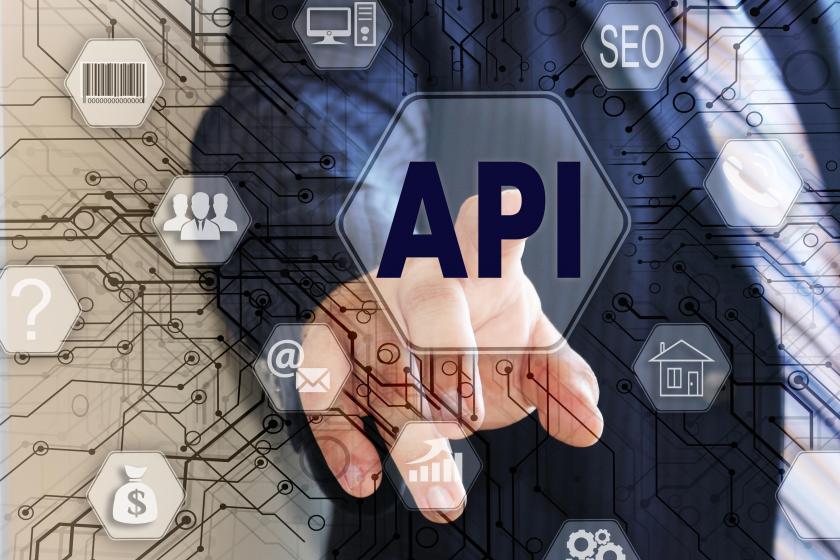Internal API
What is Internal APIs
Definition:
Internal APIs, or Application Programming Interfaces, are sets of rules and protocols that allow different software applications or components within an organization to communicate and interact with each other. Unlike public APIs, which are designed for external developers and third-party integrations, internal APIs are used exclusively within the organization’s infrastructure to facilitate seamless data exchange, streamline processes, and enhance interoperability between various systems and services.
Analogy:
Think of internal APIs as the internal communication network within a large organization. Just as different departments within an organization need to communicate and share information to function efficiently, internal APIs enable various software systems and services to exchange data and collaborate effectively, ensuring smooth operations and cohesive functionality.
Further Description:
Internal APIs serve several essential functions within an organization:
- Data Integration: Internal APIs facilitate the integration of disparate systems and databases, allowing data to flow seamlessly between applications without manual intervention.
- Service Orchestration: They enable the orchestration of complex business processes by connecting different services and components, automating workflows, and ensuring efficient resource utilization.
- Modularity and Scalability: Internal APIs promote modularity and scalability by breaking down monolithic systems into smaller, interconnected components that can be developed, tested, and scaled independently.
- Security and Access Control: They help enforce security policies and access controls by defining how data and services are accessed, authenticated, and authorized within the organization’s network.
Importance of Internal APIs:
- Streamlined Operations: Internal APIs streamline business operations by enabling seamless communication and data exchange between various software systems and services.
- Enhanced Agility: They promote agility and flexibility by allowing organizations to adapt quickly to changing business requirements, integrate new technologies, and scale their infrastructure efficiently.
- Improved Collaboration: Internal APIs facilitate collaboration between different teams and departments by providing standardized interfaces for sharing data and functionality.
- Optimized Resource Utilization: They optimize resource utilization by enabling the reuse of existing services and components, reducing redundancy, and promoting consistency across the organization’s IT landscape.
Key Takeaways:
- Internal APIs enable seamless communication and data exchange between different software applications and services within an organization.
- They play a crucial role in streamlining operations, enhancing agility, promoting collaboration, and optimizing resource utilization.
- Effective management and governance of internal APIs are essential to ensure security, scalability, and interoperability across the organization’s IT infrastructure.





